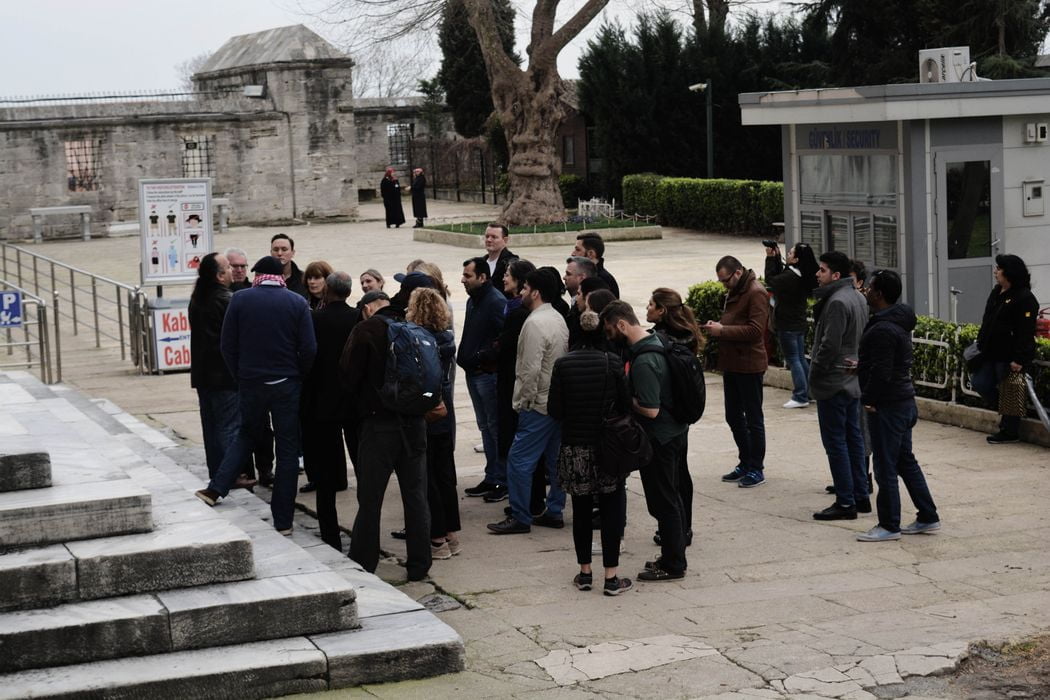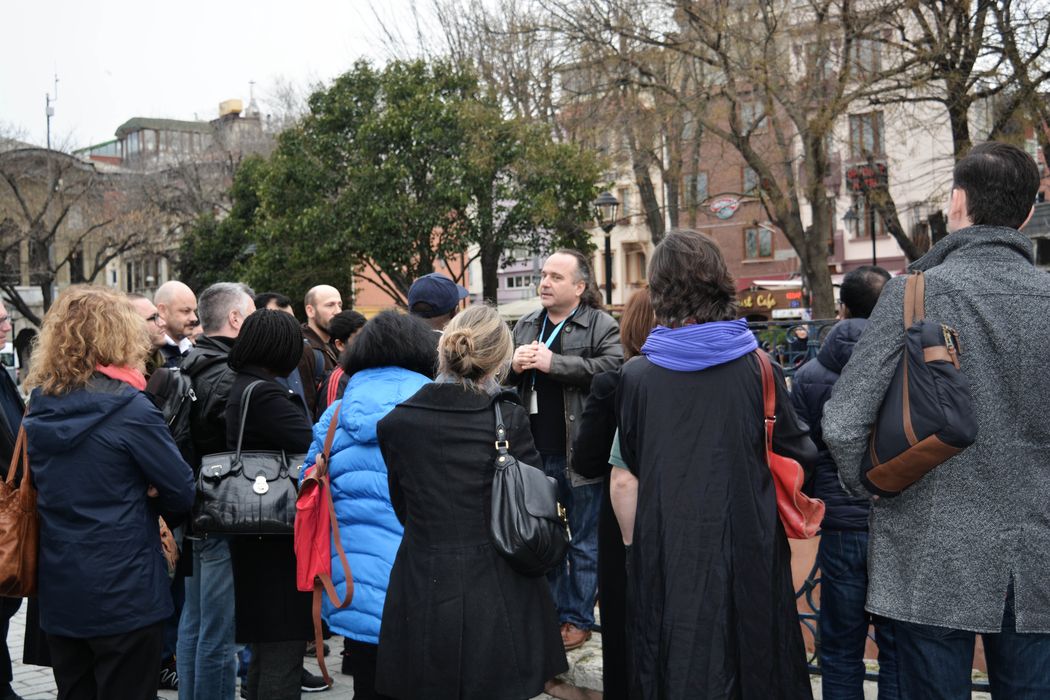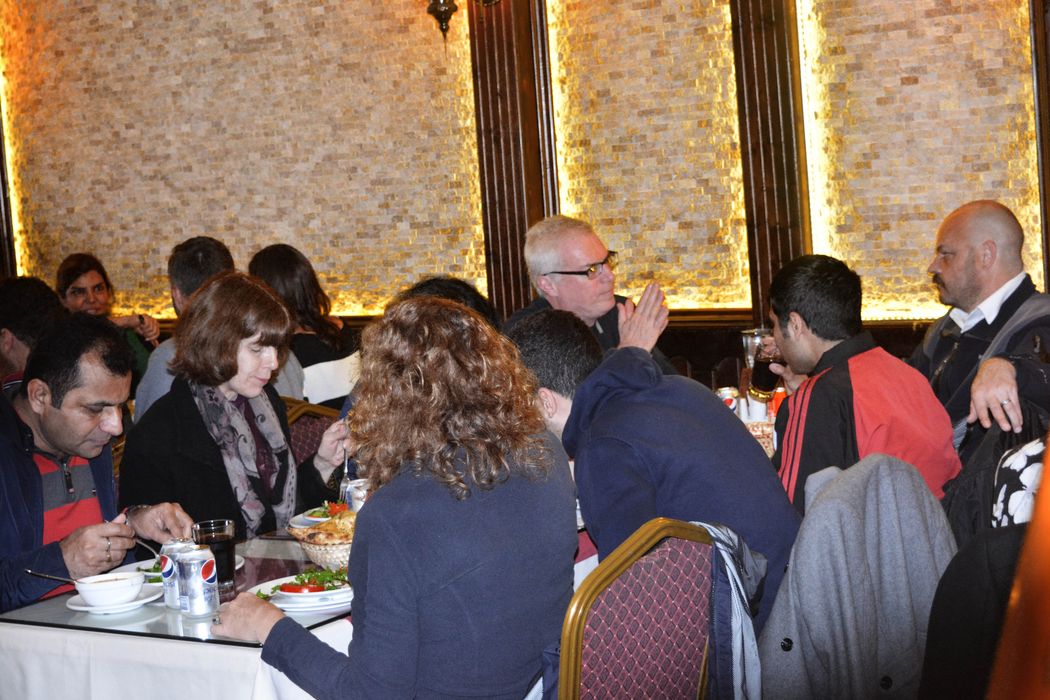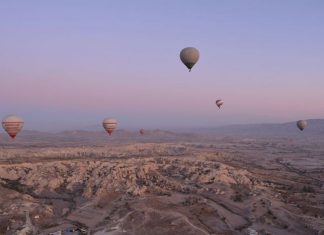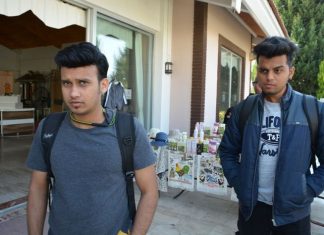A controversial theologian
One of the principal Hanbalite doctors at Damascus was Taqi ad-Din Ibn Taymiya, a man of great ability and wide learning, but with some kink in his brain. The people of Damascus idolized him. He used to preach to them from the pulpit, and one day he made some statement that the other theologians disapproved; they carried the case to the sultan and in consequence Ibn Taymiya was imprisoned for some years.
While he was in prison he wrote a commentary on the Koran, which he called ” The Ocean,” in about forty volumes. Later on his mother presented herself before the sultan and interceded for him, so he was set at liberty, until he did the same thing again. I was in Damascus at the time and attended the service which he was conducting one Friday, as he was addressing and admonishing the people from the pulpit. In the midst of his discourse he said “Verily God descends to the sky over our world [from Heaven] in the same bodily fashion that I make this descent,” and stepped down one step of the pulpit.
A Malikite doctor present contradicted him and objected to his statement, but the common people rose up against this doctor and beat him with their hands and their shoes so severely that his turban fell off and disclosed a silken skull-cap on his head. Inveighing against him for wearing this, they haled him before the qadi of the Hanbalites, who ordered him to be imprisoned and afterwards had him beaten. The other doctors objected to this treatment and carried the matter before the principal amir, who wrote to the sultan about the matter and at the same time drew up a legal attestation against Ibn Taymiya for various heretical pronouncements. This deed was sent on to the sultan, who gave orders that Ibn Taymiya should be imprisoned in the citadel, and there he remained until his death.
The Plague of 1348
One of the celebrated sanctuaries at Damascus is the Mosque of the Footprints (al-Aqdam), which lies two miles south of the city, alongside the main highway which leads to the Hijaz, Jerusalem, and Egypt. It is a large mosque, very blessed, richly endowed, and very highly venerated by the Damascenes.
Read More about Ibn Battuta part 39

